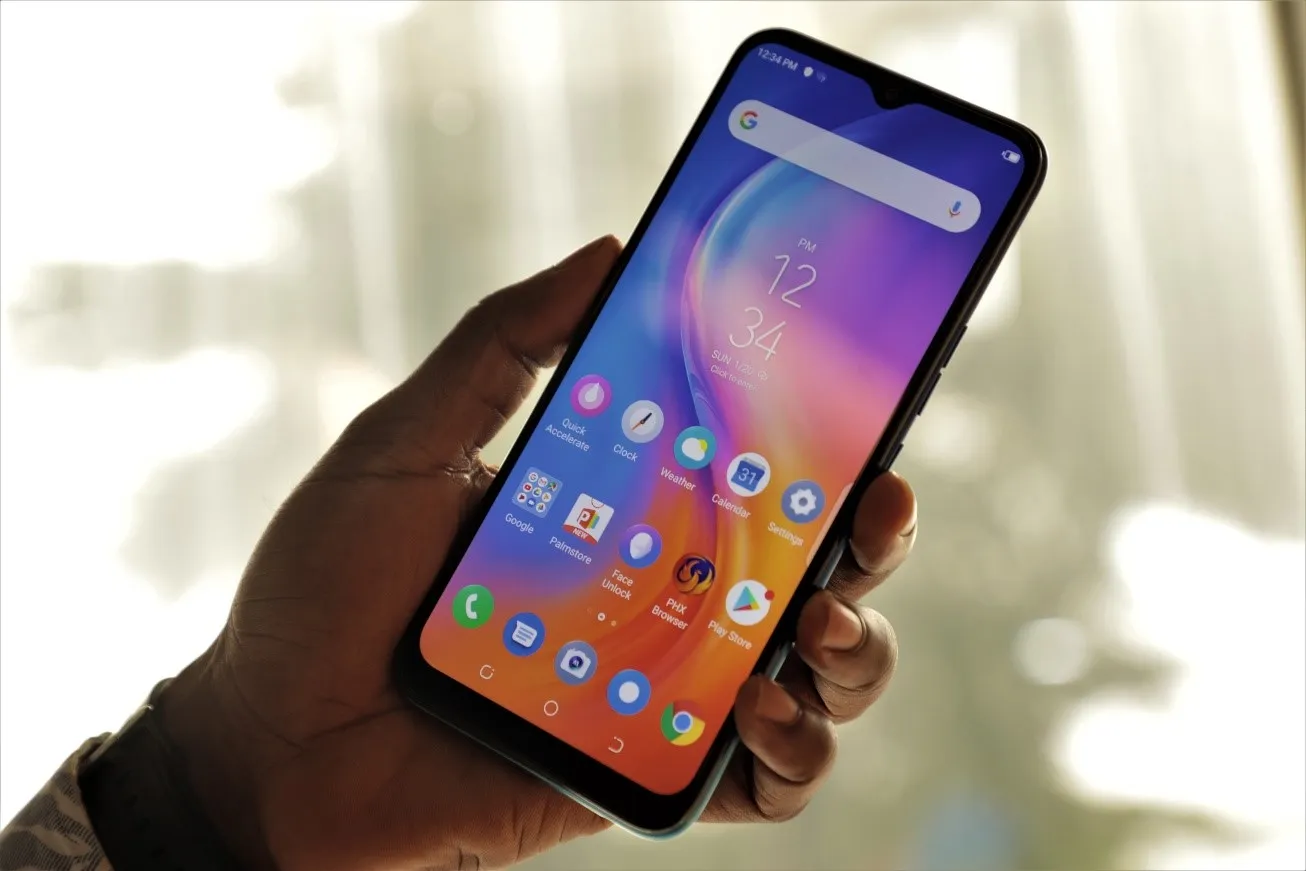The Future of Mobile App Development: Trends, Benefits, and Strategic Insights

Mobile applications are now integral to modern living and have influenced the course of business interaction, daily task management, and entertainment. With an increasing number of people owning smartphones worldwide, the demand for great and high-performing mobile applications continues to rise. For companies wishing to reach out to their customers and stay competitive, mobile app development is no longer something that can be put off; rather, it becomes imperative.
This article explores the current landscape of app development, including major trends, benefits to business, platform choices, and considerations for organizations when developing a new app.
Reasons for Businesses to Own an App in 2025
Mobile apps place brands directly in front of their users where they spend a good proportion of the day, using mobile devices. In 2025, with mobiles right now outstripping desktop usage, those businesses that take the side of a bespoke mobile experience can really engage, build recognition, and offer a personalized experience to a customer.
Some of the key reasons for the app launch:
User Engagement: Push notifications, location-based services, and personalized content allow apps to maintain regular interaction with their users.
Customer Behavior and Action: Apps track the behaviors and actions of their users and offer analytics to fine-tune corporate strategies.
More Revenue Channels: Through in-app purchases and subscription models or mobile advertising, apps create avenues that can be monetized.
Better Brand Refinement: An attractive, well-functioning app itself is a statement of tech-savviness capable of addressing consumer needs.
Choosing Between Native and Cross-Platform Development
A defining early decision when developing a mobile app is native versus cross-platform development.
Native Development: These apps are developed for either iOS or Android with Swift or Kotlin. Such development had the advantage of better performance and a polished UI experience, but was expensive and time-consuming since this process involved building and maintaining two codebases.
Cross-Platform Development: Frameworks like Flutter, React Native, and Xamarin enable developers to write a codebase once and deploy it to multiple platform targets. While this offers some advantages in terms of time and cost, there are certain trade-offs in terms of performance and platform-specific features.
Sitting down, businesses will have to negotiate their priorities—speed to market, price, performance, and scalability for the future—and come up with their decision.
Modern Trends in Mobile App Development
The mobile app development landscape is ever-evolving. Staying ahead means embracing innovative technologies and user expectations. Some of the biggest trends influencing mobile app development in 2025 are:
1. AI-Powered Applications
Artificial intelligence is considered for personalizing user experiences, improving search, automating tasks, and even content generation. From AI chatbots to recommendation engines, integrating machine learning ensures apps are smarter and more adaptable.
2. The Rise of 5G
The global rollout of 5G is enabling mobile apps to utilize higher data speeds, lower latency, and superior connectivity, thereby allowing high-performing use cases like cloud gaming, augmented reality, and real-time data streaming.
3. Super Apps
Inspired by Asian platforms like WeChat, “super apps” unify multiple services—messaging, payments, shopping, and booking—into a single app that creates simplifications for the user, thereby increasing app retention.
4. Voice and Gesture Interfaces
Voice commands, gesture-based navigation, and haptic feedback are progressing into common use. These UI innovations enhance accessibility and provide an alternate interaction model besides touchscreens.
5. Integrated Augmented Reality (AR)
AR is a promoter in retail, real estate, and education. Given that a world-level app can overlay digital information on a tangible reality, propose and extend immersive experiences that assist with engagement and decision-making.
1. Security and Privacy: It Was Like Being Up in a Bright Setting
Since these apps collect more data than ever, privacy becomes a topic of growing concern among users. Therefore, developers should have the strongest data protection as a building block for their application, including:
- End-to-end encryption
- Multi-factor authentication
- Compliance with international regulations such as GDPR and CCPA
- Policies that state the privacy in plain language
Security breaches can do reputation damage that stays forever; thus, mobile app security is of the essence in application development.
2. User Experience—The Great Discriminator
Mobile users in 2025 expect speed, intuitiveness, and beauty. Good UI/UX boosts retention greatly and decreases the app abandonment rate. Onboarding flows, navigation, responsive design, and accessibility standards essentially dictate whether a user stays.
Some principles of best UX are
- Minimalist design and clear hierarchy
- Visual languages and typography are used consistently
- Loading time should be short, with fast transitions.
- Logical architecture of information
- Accessibility for people with different abilities
3. After Launch: Development Doesn’t Stop at Deployment
A mobile app’s launch is just the beginning. Successful development requires continuous trial and error according to user feedback and performance evaluation. Therefore, businesses should organize:
- Regular updates and feature enhancements
- Bug fixes and compatibility updates
- Marketing campaigns promoting downloads and engagement
- A/B testing for alternative interfaces and features
- App Store Optimization (ASO) for searchability
Also, tracking crucial key performance indicators (KPIs) such as session length, retention, and user lifetime value will provide insight to guide further improvements and ensure the app fits into the business goals.
4. Choosing the Right Development Partner
Choosing the right developer could make or break your mobile app project. In order to achieve this, you must ensure the team has expert credentials working across platforms, industries, and technologies with certified experience. A company needs to provide:
- Strategic consultation and requirements analysis
- UI/UX design expertise
- An agile development methodology
- Transparent communication and project management
- Support and maintenance through ongoing contracts
Using a custom mobile app development company ensures that your solution adapts to your business model, goals, and audience, rather than using generic templates or ready-made tools.
Conclusion: Business Imperative of Mobile App Development
Such mobile apps are more than just digital tools; they are key strategic assets that take companies to their audiences, provide them value, and ensure the process of further growth. As user expectations are on the rise and technology continues to evolve, businesses need to keep pace with the times by remaining agile and foresighted.
Investing in mobile app development requires careful planning for strategy, finding the proper development partners, and having a clear understanding of who your user is and what your market is. Whether it is a sole product or initiative for your brand’s digital footprint, a well-built mobile app can be directly influential on innovation and deliver a specific impact.
Article updated 1 month ago ago. Content is written and modified by multiple authors.









